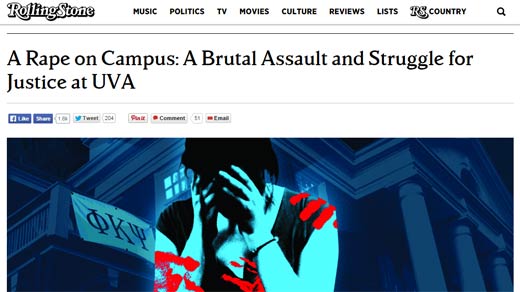Women be marchin (and we aren't stoppin).
/I'm not into politics.
Much of my work as a life coach is about identity: we believe that we are one thing, and we operate from that place. We believe we will be that way forever, that our identity is a static piece of who we are and that it will always define us. We cling to identity as a way to make sense of our world. Many of us never even question it.
In reality, we are not our identity.
I know, it sounds like a lot of woo-woo nonsense. If you're not your identity, then who the fuck are you?
(You're the witness, the one who listens, the watcher on the wall that is your consciousness. But that's a conversation for another day).
The point is, our identities aren't static. They're constantly evolving, they are living and breathing and changing just as we are. One day you "don't like pizza." The next you are 7 at a birthday party with Alex Benanti and he likes pizza, so you try pizza and you're like "holy shit, I love pizza!". You become this girl who loves pizza and the Little Mermaid, among many other things.
I had one of those moments this November. I had always seen myself as someone who "didn't like politics" and who couldn't take time out to be informed because "it all wouldn't make a difference, anyway." I am embarrassed to admit that I didn't even vote until this past year. In sum, I was the opposite of woke.
This November, that all changed.
On Saturday, I took place in the biggest protest in history. I marched with sisters young and old, male and female. I made a sign that had the word Pussy on it and I held it with pride.
I do not agree with the ideals of our President. But as we know from physics, with every action, there is an equal and opposite reaction. The positive force developing from this is something to be proud of, and something unparalleled. A sleepy, complacent nation is waking up and getting going. Pro or Anti Trump, Republican or Democrat, we all can unite on this: we cannot and will not turn a blind eye. We will not close our eyes and let someone else make our choices for us. We will stand up, we will march, and we will fight.
The biggest indicators to me are some of the smallest gestures. A friend gifted our secret santa gift exchange with a planned parenthood donation. A waitress bought us a round of shots because we marched. I organized a lunch with women at work to write post cards. These are things that I wouldn't have even fathomed in years past. And today, they are happening more and more.
Like the sleepy giant in whatever movie I'm thinking of, we're waking up loud and angry and a little groggy. But we're powerful AF, and we're coming.
I'm not into politics. But I am into revolutions.
p.s. if you're interested in joining the movement, visit WomensMarch.com. 100 days of action are starting this week!



 UVA students and alumni, I read Rolling Stone's account of an alleged gang rape, a misogynistic campus culture, and a lack of justice with horror. I loved my time at UVA and still very much love the University as a whole. But the article was troubling, and for the first time, I felt ashamed of dear old UVA. Not because as an institution it stands alone in its decision to inadequately handle rape cases, but because UVA is a place that is supposed to be BETTER. We have a honor code, after all! But, I must admit, though I felt a lot of shock and horror reading this brutal account of sexual assault, I wasn't all that surprised. Unfortunately, this account was conceivable to me, and it still is.
In the weeks that have followed this account, things have taken a turn from terrifying and sad to sceptical, sensational, and downright damaging. What was initially a step in the right direction, forcing meaningful discussion at UVA and elsewhere about campus policies concerning rape, has now turned into a battle of he-said, she-said, a smearing of credibility.
UVA students and alumni, I read Rolling Stone's account of an alleged gang rape, a misogynistic campus culture, and a lack of justice with horror. I loved my time at UVA and still very much love the University as a whole. But the article was troubling, and for the first time, I felt ashamed of dear old UVA. Not because as an institution it stands alone in its decision to inadequately handle rape cases, but because UVA is a place that is supposed to be BETTER. We have a honor code, after all! But, I must admit, though I felt a lot of shock and horror reading this brutal account of sexual assault, I wasn't all that surprised. Unfortunately, this account was conceivable to me, and it still is.
In the weeks that have followed this account, things have taken a turn from terrifying and sad to sceptical, sensational, and downright damaging. What was initially a step in the right direction, forcing meaningful discussion at UVA and elsewhere about campus policies concerning rape, has now turned into a battle of he-said, she-said, a smearing of credibility.